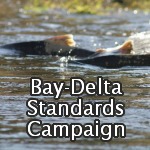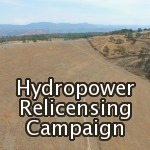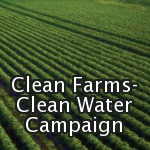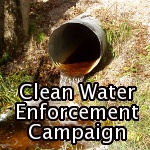On March 16, 2022, CSPA presented recommendations to the State Water Resources Control Board to manage the Shasta and Trinity reservoirs and the Sacramento River in 2022. The State Water Board must act now to limit releases from Shasta Reservoir from April through November. Unlike last year, the State Water Board must assert its authority to keep the Bureau of Reclamation from delivering unreasonable amounts of water to Sacramento River “Settlement Contractors.” Reclamation’s deliveries in 2021 dug such deep holes in Shasta and Trinity reservoirs that many fish will die in 2022 even if the State Water Board finally steps up.
In a related matter, Reclamation and the California Department of Water Resources (DWR) presented the State Water Board on March 15 with a “Temporary Urgency Change Petition” (TUCP) to weaken water quality standards in the Bay-Delta estuary from April through June. The ostensible purpose of the petition is to allow Reclamation and DWR to hold more water in reservoirs. However, the petition doesn’t say how much water Reclamation and DWR will be releasing from the same reservoirs to deliver water to settlement contractors along the Sacramento and Feather rivers. Last year, Reclamation and DWR used a TUCP to “save” 289,000 acre-feet of water in Shasta Reservoir, while delivering a total of 4,400,000 acre-feet of water to contractors (Water Rights Order 2022-0095, pp. 9 and 13). That’s conserving water? How dumb do they think we are?
CSPA recommends minimum releases from Shasta Reservoir in April, with perhaps pulse flows to move salmon downstream. As it did in 2021, CSPA recommends releases of 5000 cfs from Shasta from May through November, and exports of water from the Trinity River of 300 cfs (with modification of exports only as needed to protect fish in the Trinity). CSPA will be objecting to the TUCP in the next two weeks.









